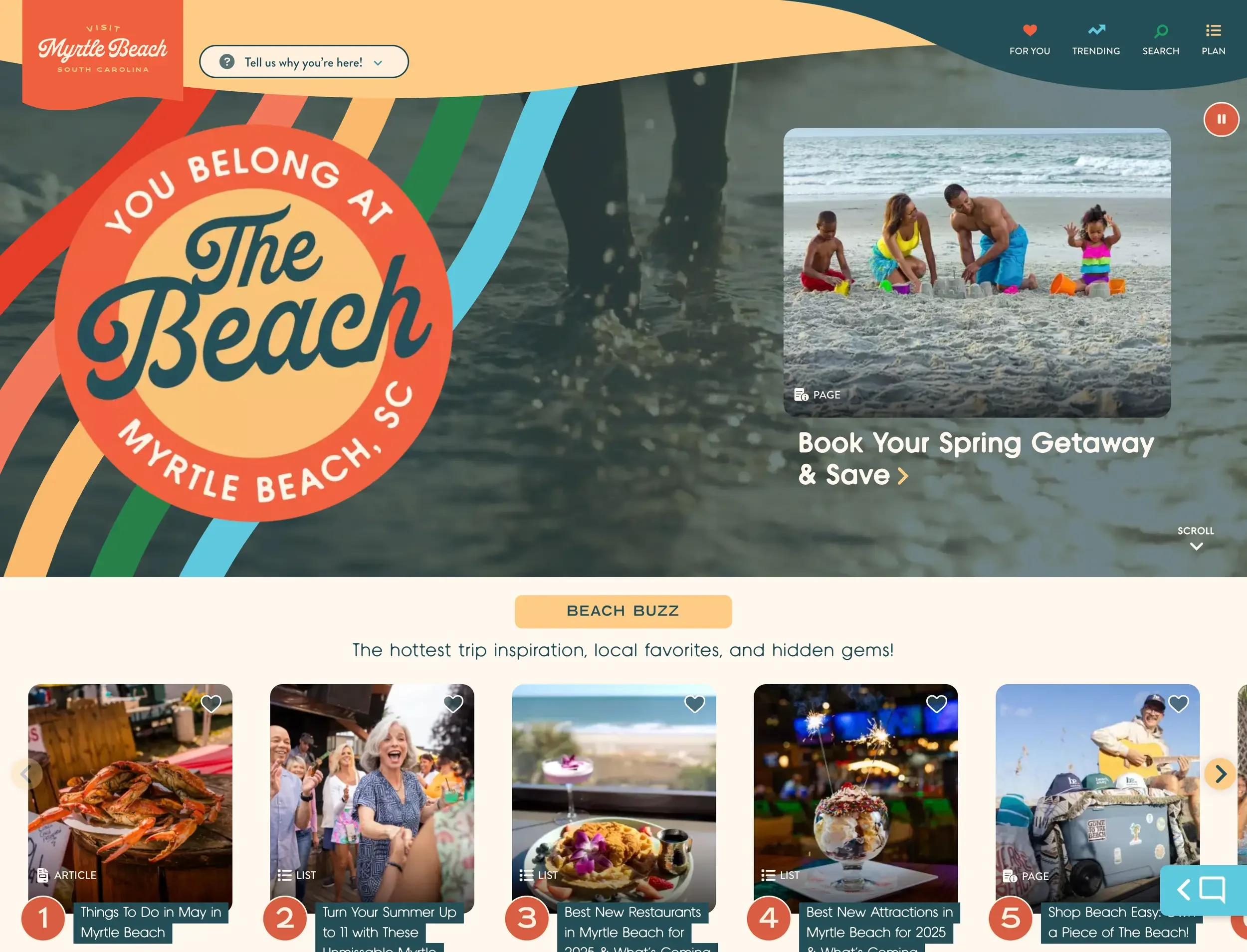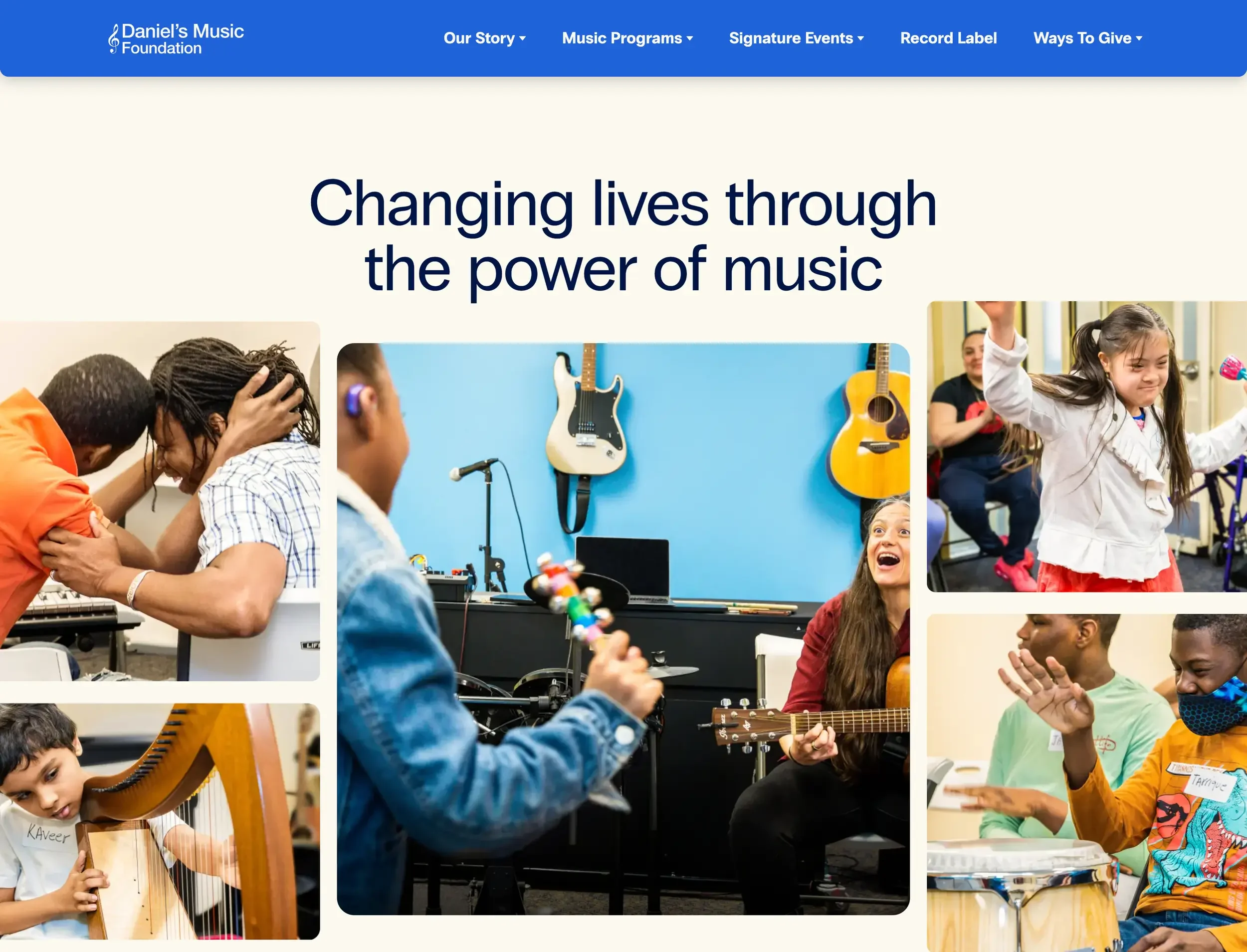Accessibility Training That Drives Impact
Empower Your Teams. Reduce Legal Risk. Strengthen Your Brand.
Have a Question?
Why Accessibility Training Matters
-
The Risk Is Real
80% of websites fail basic accessibility checks — creating legal exposure, reputational damage, and compliance headaches.
-
Beyond Policy to People
Accessibility isn’t solved by policies alone; it takes teams who understand the “why” and know how to apply it in their daily work.
-
Training That Drives Action
We bridge the gap between technical standards and human-centered design, making accessibility practical, relevant, and actionable for every role.
Training That Meets You Where You Are
Whether you're onboarding new developers, upskilling designers, or aligning executives around accessibility goals, our program is tailored to your needs:
✅ Role-Specific Learning: Developers, designers, QA testers, marketers—everyone learns what matters most for their role.
✅ Engaging, Human-Led Sessions: Real people with lived experience guide your teams beyond WCAG checklists into empathy-driven learning.
✅ Interactive and Practical: Hands-on exercises, real-world examples, and tools your team can use today.
✅ Compliance-Focused, Impact-Driven: Aligns with WCAG, ADA, AODA, Section 508, and beyond—without losing sight of the human side of accessibility.
Case Studies
Click to read more about how Inclusive Web helped audit and implement accessibility best practices for each of the case studies below.
Built by Experts. Informed by Experience.
-
AI-Enhanced Precision
We leverage advanced audits and technology to identify accessibility issues at scale with unmatched accuracy.
-
Authentic User Insights
Real-world testers with disabilities validate solutions, ensuring your accessibility efforts reflect genuine lived experiences.
-
Decades of Leadership
Our team brings deep expertise from enterprise, nonprofit, and public sectors — helping organizations shift from reactive fixes to proactive strategy.
Frequently Asked Questions
-
Accessibility training equips teams with the knowledge to build inclusive digital products, reduce legal risk, and improve experiences for people with disabilities.
-
While WCAG itself is not a law, U.S. regulations like the ADA and Section 508 reference WCAG standards, making them the de facto benchmark for compliance.
-
The four WCAG principles are: Perceivable, Operable, Understandable, and Robust (POUR). Together, they guide inclusive design.
-
Accessibility training teaches employees how to apply WCAG guidelines and inclusive design practices in their daily roles—from developers and designers to content creators.
-
Its purpose is to verify that digital products meet WCAG standards, work with assistive technologies, and provide a smooth user experience for people with disabilities.
Download Our FREE
Disability and Inclusion Imperative
Contact Us





